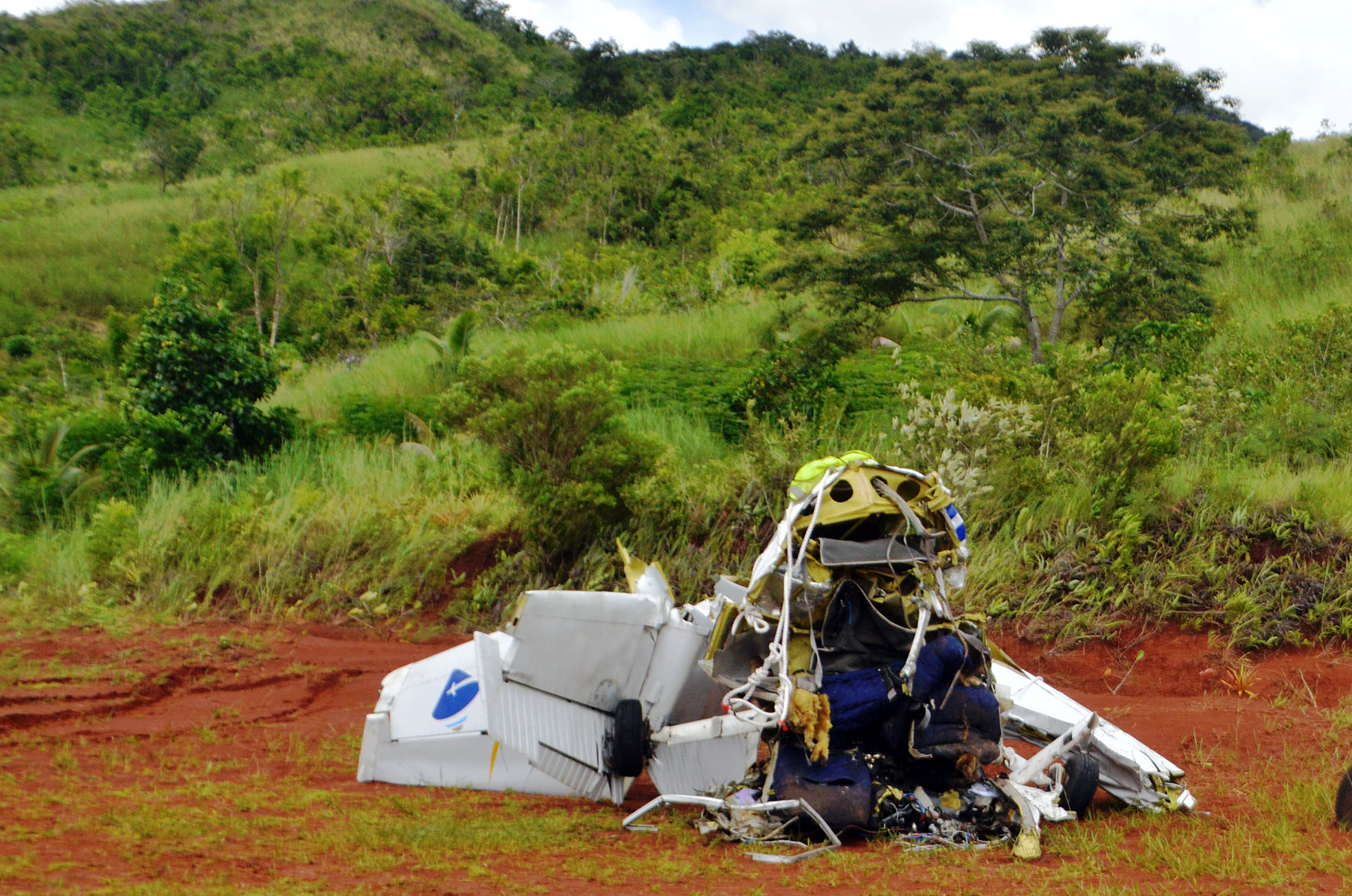MOST of the recommendations made by the Cessna 172 crash report highlighted the need for improved provision of Fiji’s weather information because tropical low pressure troughs were uncertain and difficult to manage.
The report also noted that as global warming progressed over time, these adverse conditions were likely to become more prevalent and intense in the country.
“Fiji frequently experiences tropical low pressure trough systems. This investigation has shown that these conditions generate risks different to, and more unpredictable than those occurring in other countries,” the findings stated.
“It is therefore recommended that CAAF, in conjunction with the Fiji Meteorological Service develop a new training and information module related to Fiji Climatology.
“The development of this new training module should follow the guidelines proposed in Appendix F of this report.
“The Fiji Climatology paper should be promulgated by means of an Aviation Information Circular or an appropriate Standards Document.
“Private Pilots Licence (PPL) and Commercial Pilots Licence (CPL) students should be examined on the contents of the Fiji Climatology paper and may need to attend training courses to become familiar with its contents.
“All Fiji pilots should be provided with a copy of the Fiji Climatology paper.”
The report also suggested that pilots should assist other pilots during bad weather.
“This investigation has highlighted the value of pilots sharing weather information among each other when identifying bad weather risks and addressing them.
“It is therefore recommended that CAAF require, facilitate, co-ordinate and encourage the execution of pilot reports to assist other pilots in bad weather decision-making and also to provide feedback to meteorological forecasters.
“It is also recommended that CAAF require the implementation of communication systems involving cell phones, radios and email communications as appropriate to provide weather information at remote sites back to aviation forecasters at the Fiji Meteorological Service (FMS). While some information may be currently returned to the FMS, more is required.
“It is also recommended that CAAF facilitate a culture of effective communication between student pilots and experienced commercial pilots, which may be undertaken through social activities, promulgating safety notices in the quarterly Aviation Safety Bulletin and noticeboard posters.”






